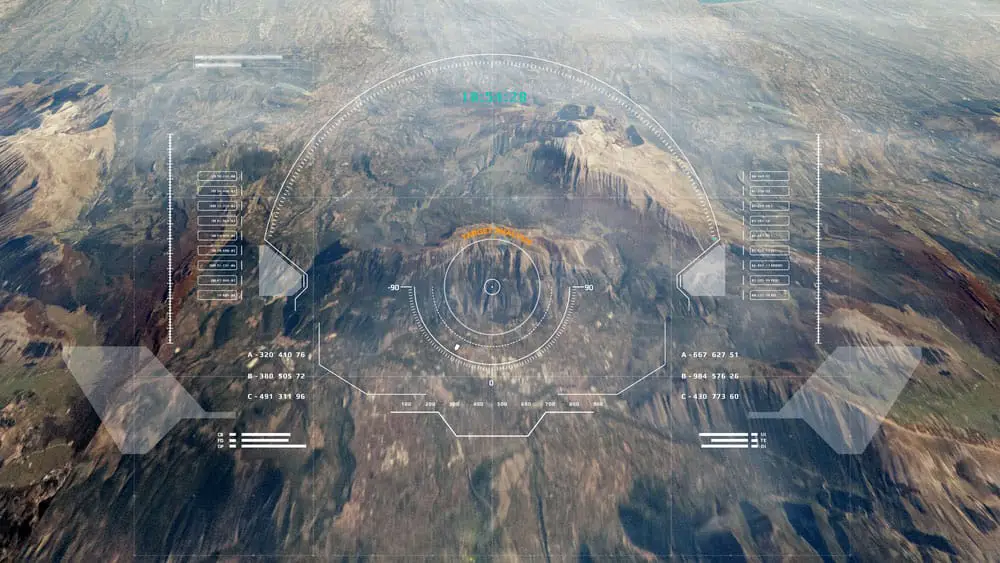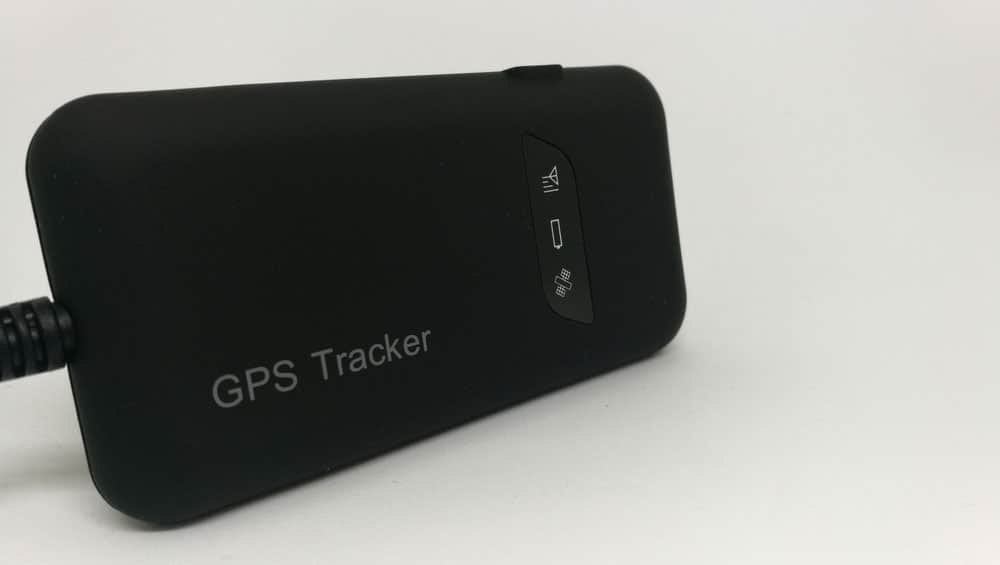In today’s world, GPS technology is necessary for many industries, especially the military. It helps to guide troops on the battlefield, provide navigation services and increase the accuracy of weapons systems. But how accurate is GPS? Is it as reliable as we think it is?
In this blog post, we’ll explore military GPS accuracy and what causes any inaccuracies that might arise from using it.
Table of Contents
- How accurate is GPS?
- How accurate is military GPS?
- What causes GPS inaccuracies?
- Military GPS Applications
- Challenges in Applying GPS Technology to the Battlefield
- The Power of GPS Retransmission
- GPS Evolves
- Summary
How accurate is GPS?
GPS accuracy can be precarious with its reliance on satellite geometry, signal blockage, atmospheric conditions, and receiver design.
Smartphones usually cover an approximate distance of 16 feet between two points in open space, but that range is subject to decreasing nearer buildings or trees.
However, those with higher-end systems can improve accuracy through dual-frequency receivers and augmentation techniques. This way, it can provide accurate measurements in millimeters and real-time positional data at the centimeter level.

Global Positioning System
How accurate is military GPS?
Military GPS has really precise accuracy due to its use of two frequencies.
The dual-frequency signal corrects for distortions from Earth’s atmosphere, giving military users a more accurate location. On the other hand, civilian GPS devices only use one frequency, making the result less accurate.
While dual-frequency receivers are commercially available, they tend to be too expensive or oversized. As such, most people opt not to purchase them.
With the integration of augmentation systems into standard GPS devices, regular people can have GPS that is as good as the military.

Location on a map using GPS
What causes GPS inaccuracies?
From satellite signal obstruction to signals bouncing off structures, GPS inaccuracies can be due to various causes. Radio interference, solar storms, and satellite maintenance and maneuvers contribute.
Additionally, in some scenarios, it is not even an issue with the hardware but rather due to faulty mapping software that does not adhere to the proper GPS interface specifications.
Military GPS Applications
Military forces utilize GPS technology in land, air, and marine operations with equipment that varies from small handhelds to self-directed aircraft.
This technology can help search parties, map out areas, scout sites for missions or war plans like aerial refueling, and precision guidance and targeting weapon systems.
With its expansive capabilities, it is no wonder why this cutting-edge tool has become an integral part of any successful mission plan.

The Use of Military GPS
Challenges in Applying GPS Technology to the Battlefield
Today’s warfare brings many difficulties regarding military GPS use, such as IEDs, snipers, and guided weapons, necessitating troops to rely on armored vehicles.
Additionally, the lack of visibility in certain areas can inhibit proper usage. Attempting to remedy this issue by hardwiring antennas isn’t viable due to its expense and limited portability, which fails to reach all areas needed.

GPS tracker
The Power of GPS Retransmission
In 2004, the U.S. military revolutionized combat by deploying wireless GPS retransmission technology for their armored vehicles and eliminating the need for hardwired connections. This system improved the reception and transmission of information efficiently, setting new battling standards for wars!
Using GPS retransmission technology, military personnel can drastically improve their agility and effectiveness. It is because exit times from a vehicle decrease during battery expenditure and mobility increases.
GPS retransmission offers a reliable and secure solution for kitting, allowing on-site installation without transmitting sensitive data like operative locations or movements. And this makes it perfect for diverse missions in various conditions since its flexibility allows quick adaptation to any changes along the way.
GPS Evolves
To stay ahead of the curve, the U.S. military has prioritized continuously researching and designing GPS technology for navigation, positioning, and timing applications. Moreover, they are developing cutting-edge innovations in GPS systems that counter jammers and other security threats.

Tracking using GPS signal
Summary
GPS technology has revolutionized the way we live and fight wars. It’s hard to overstate how important this technology is. The guide provides information about military GPS accuracy, applications, and challenges. Contact us if you have any questions or want to learn more about GPS technology.
